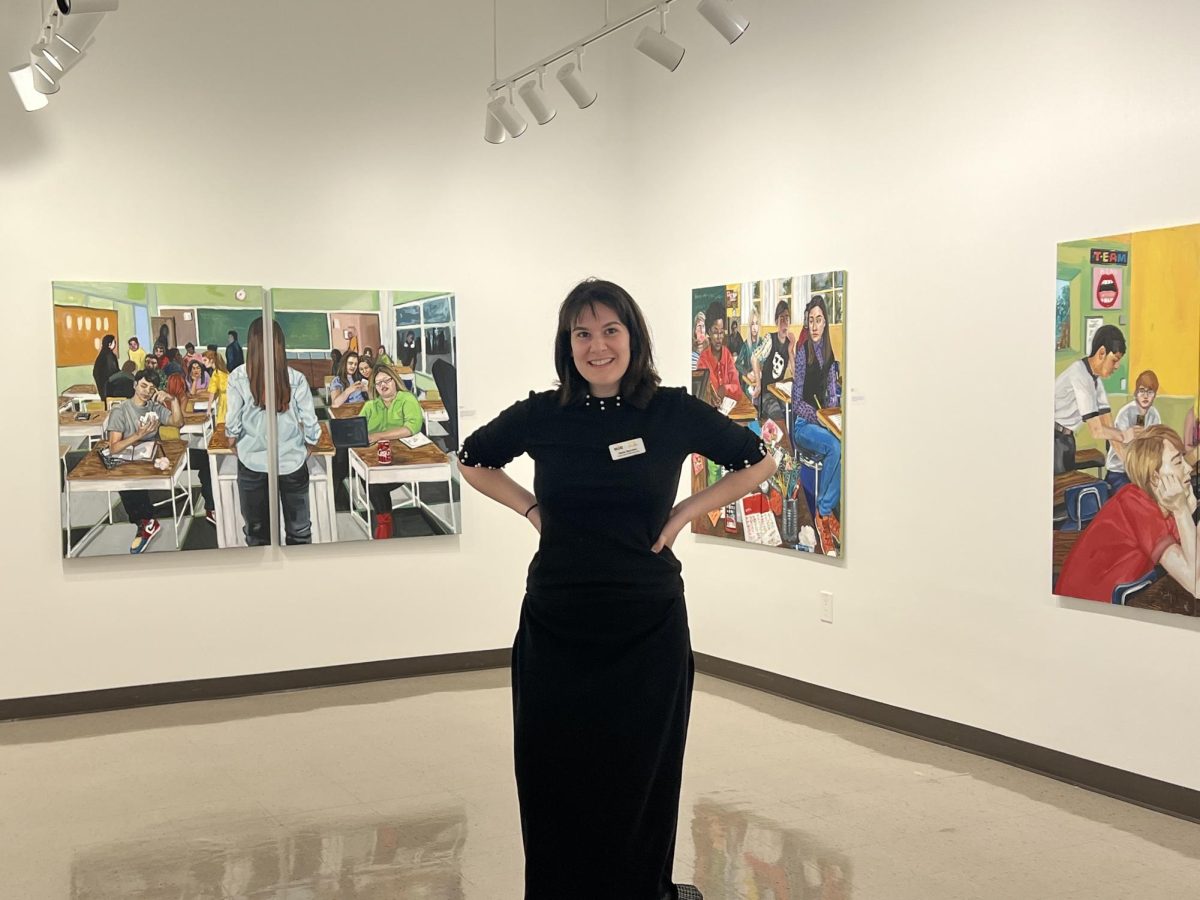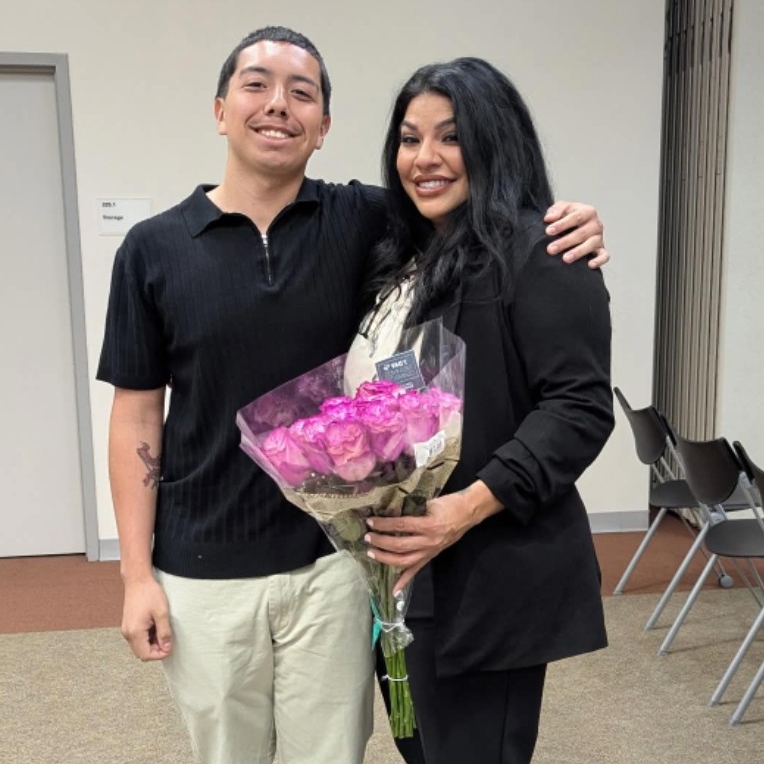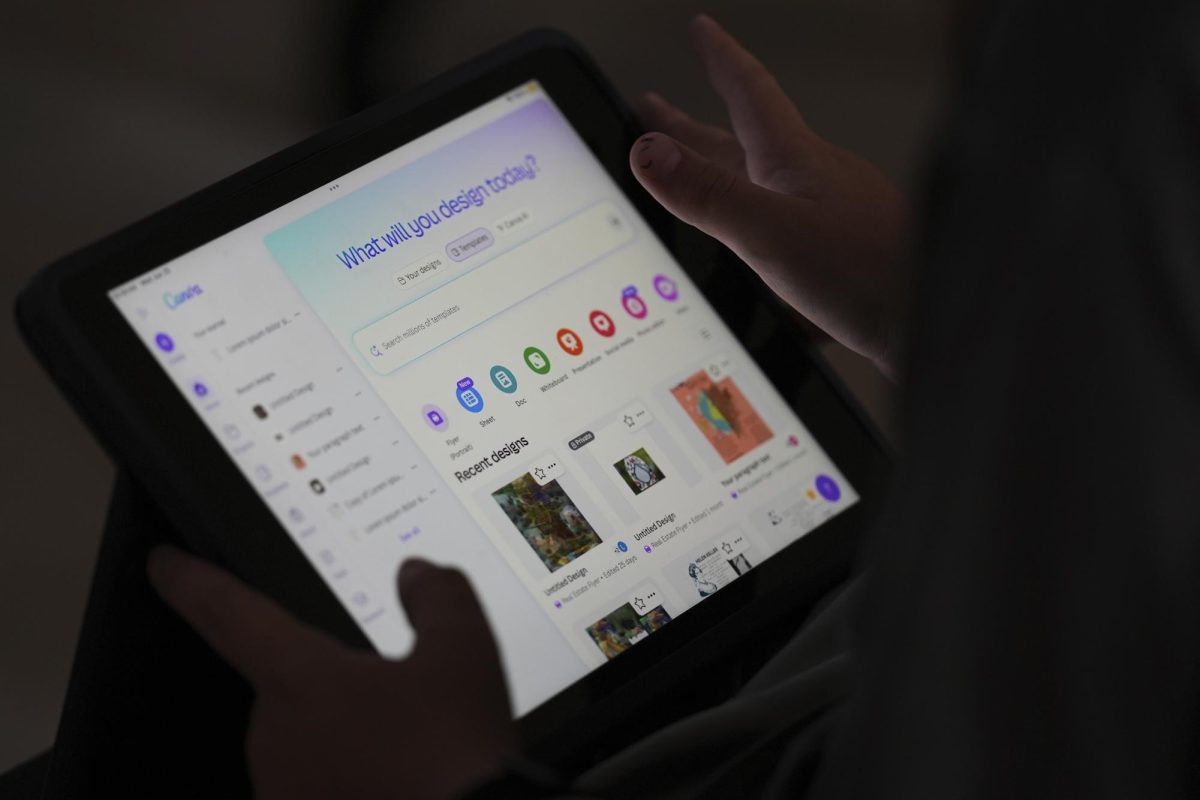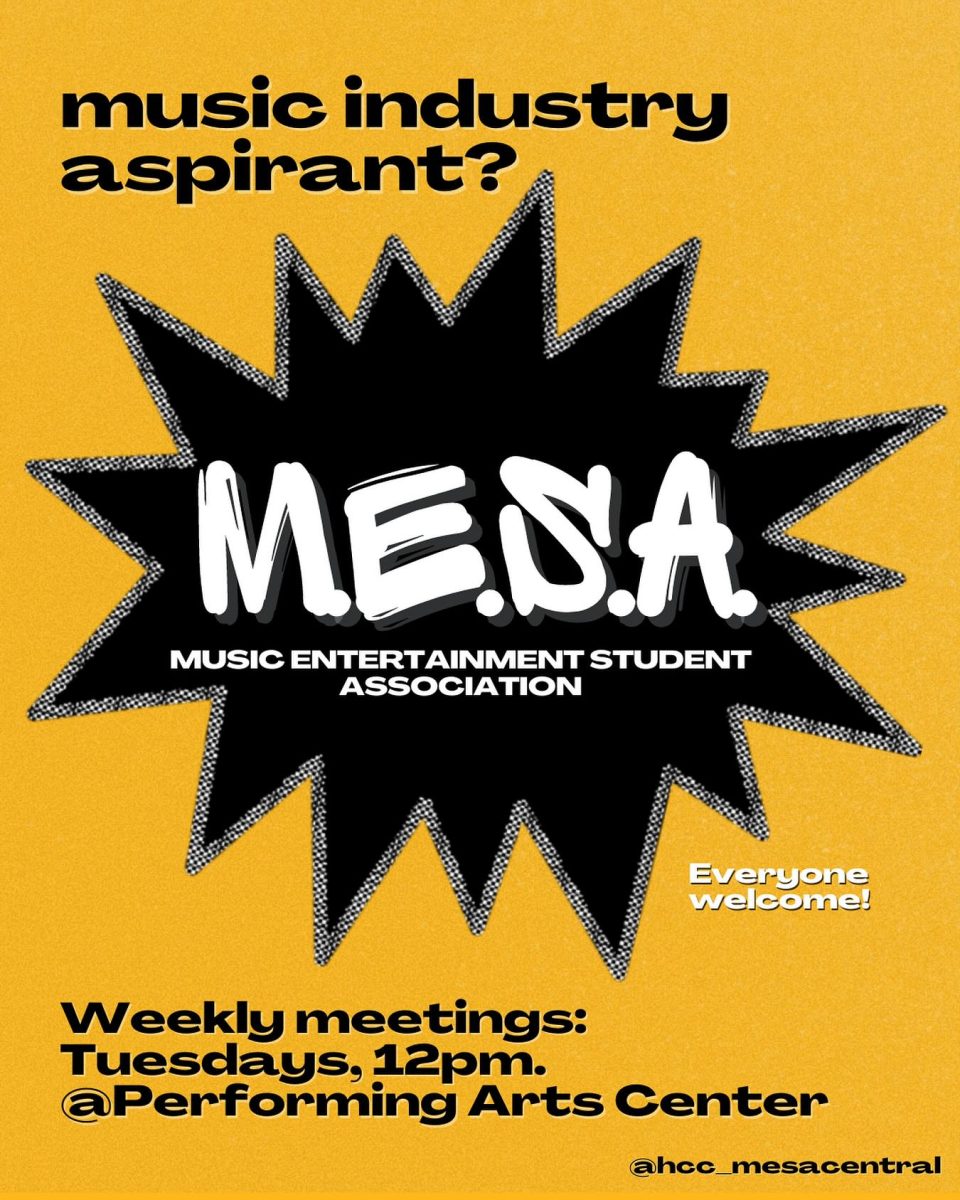The Music Entertainment Student Association (M.E.S.A.) faced challenges in its mission to connect music students with industry professionals due to a procedure at HCC that prohibited non-HCC students, staff, and faculty from speaking at official college events and supporting students during and after instructional times.
According to M.E.S.A. members, the procedure was struck down last year and disrupted Campus Beats, their semesterly Q&A and lecture series. In the past, the event featured musical professionals, including CMO and entrepreneur Tracy DeJarnett, Grammy-nominated record producer OG Ron C, three-time Grammy winner Nate Robinson, and others. Music faculty professor and program coordinator, Dr. Christopher Williams, informed M.E.S.A. about the no-guest procedure. He also advises M.E.S.A. and helped form the student organization. Attempts to reach Dr. Williams for comment were unsuccessful.
This procedure strained the organization’s outreach efforts. Their last sanctioned Campus Beats events occurred during the Spring semester of 2024. According to M.E.S.A. members, the group waited for the college’s confirmation on whether they could host another Campus Beats event for the following Fall semester. They believed the delayed confirmation was due to the no-guest procedure imposed by the college. By the end of the semester, the group received confirmation that they couldn’t host their Campus Beats event.
In previous years, Campus Beats provided opportunities for students to form relationships with industry professionals and work with them on projects outside the classroom. “Some of these industry professionals have given students opportunities because of Campus Beats,” said one M.E.S.A. member. “We have some students who have used their studios and interned with them because of the opportunities we were able to bring to HCC.”
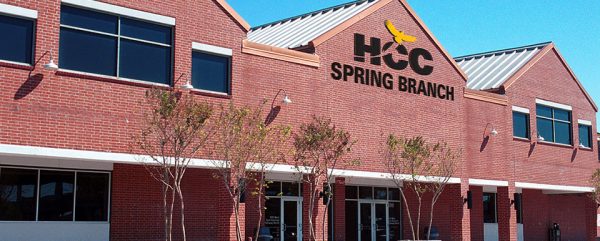
Since then, M.E.S.A. has not been permitted to host another Campus Beats and has resorted to going off campus to find establishments in Houston to host their events. Although the group admits this approach still benefits students who need internships to graduate, they believe hosting its events at off-campus venues has largely “damaged the morale” of students interested in joining their organization and building relationships with professionals within the music industry. As a result, they are seeing a decline in the number of members.
“We have done our very best to keep this club together,” said one M.E.S.A. member. But it’s almost turned into ashes.” Every Tuesday, M.E.S.A. would have meetings at the Spring Branch campus with roughly 20 to 30 people; however, the group now says it may only attract five people—”if we’re lucky,” said one member.
This procedure affected M.E.S.A. and some students studying audio and recording at HCC. One such student, Kevan, often worked on music projects by himself while utilizing the audio and recording studio booth available to students. Kevan said that switching between managing equipment and recording himself inside the studio was “tedious work” without the help of someone else. “It really does drain you sometimes,” explained Kevan.
As for how faculty were notified of the no-guest procedure, the Egalitarian obtained an email sent out to faculty from the division chair of media arts, Melvin Mays, last December. The email reminded faculty that visitors were not permitted in classrooms with students during class sessions, following what appeared to be a situation where visitors had been present during a particular class session. The email also stated that the action “posed challenges for all instructors and undermines [the college’s] ability to collaborate effectively with administration.”
HCC’s current policy regarding volunteers states that anyone who wishes to volunteer must abide by all applicable HCC policies and procedures. As of now, volunteers are permitted on HCC campuses, provided they agree to certain requirements. Some of these requirements include signing a volunteer agreement form, receiving parental/guardian consent, and, in some cases, undergoing a criminal background check.
It should also be important to note that the email obtained by the Egalitarian indicated that the presence of outside visitors during classroom instruction last year “hindered the college’s progress in finding new ways to welcome guests back on campus during instruction.” This suggests the no-guest procedure may have been a temporary measure imposed by the college due to external factors.







